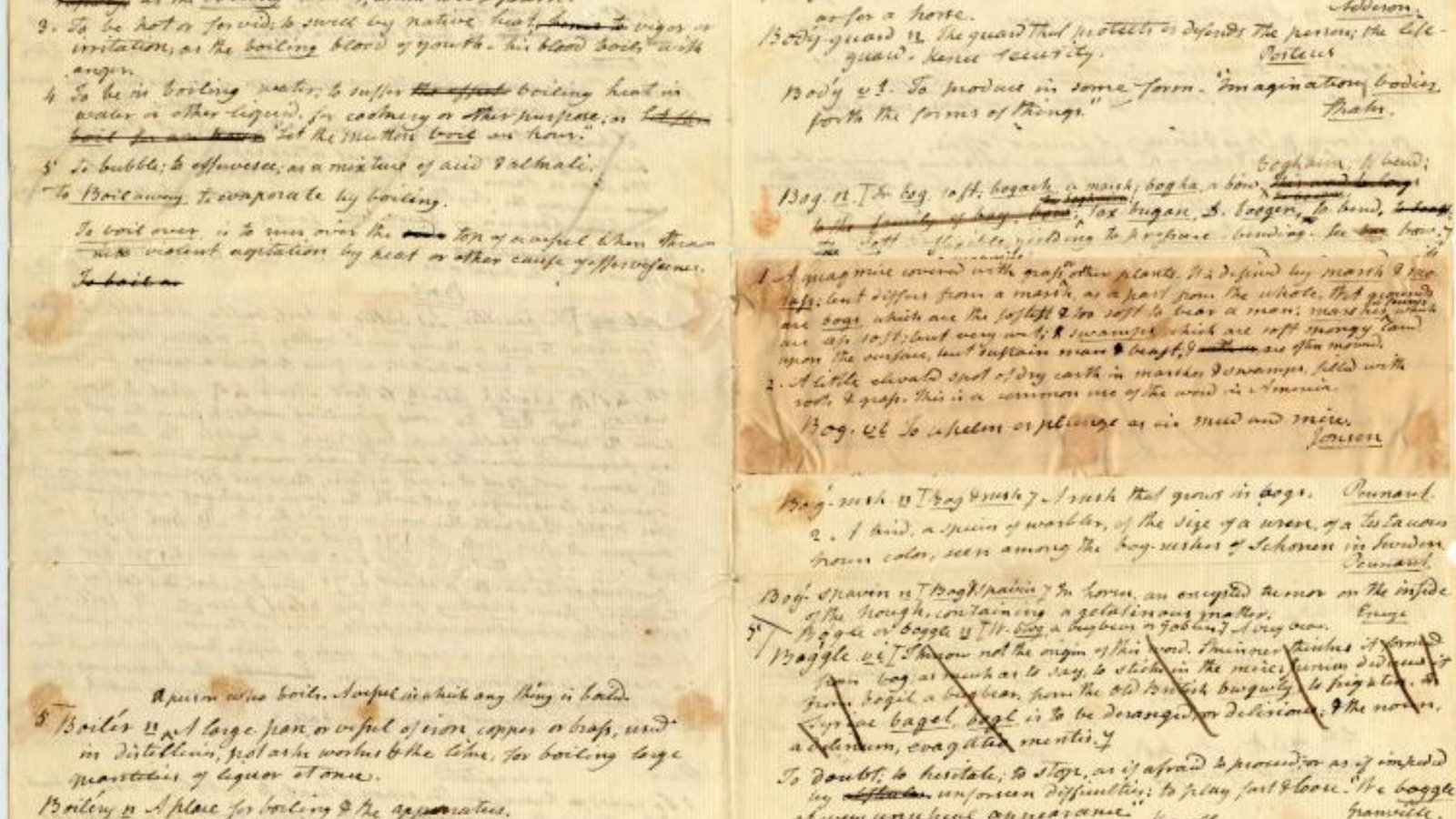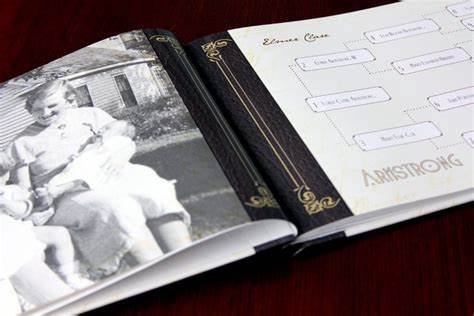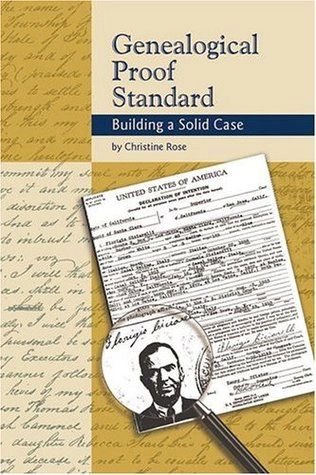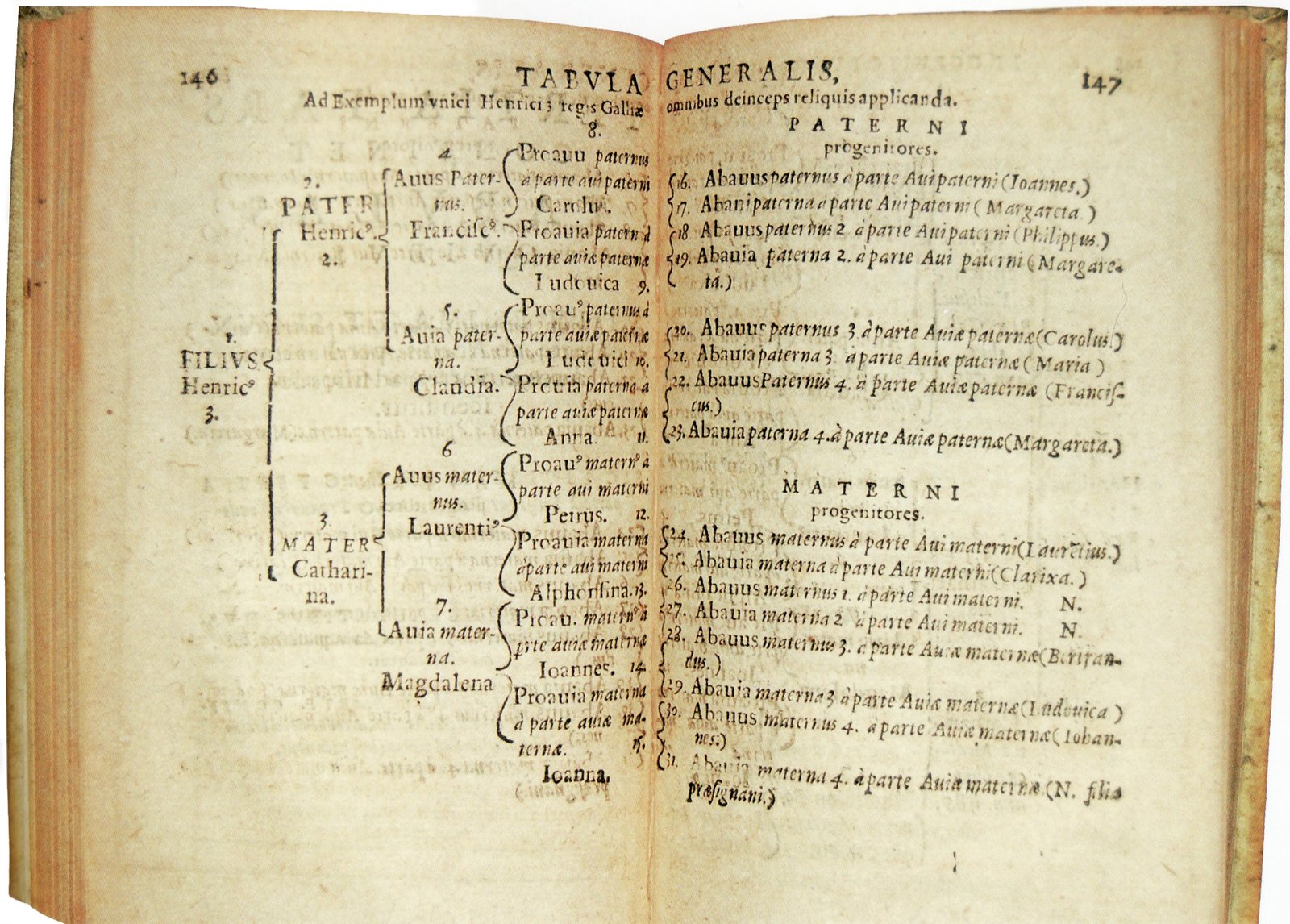Using genealogical dictionaries for old documents can greatly enhance your family history research. These dictionaries serve as invaluable resources, helping you interpret and understand historical records, names, and places. By utilizing these tools effectively, you can uncover hidden details about your ancestors and their lives.
What Are Genealogical Dictionaries?
Genealogical dictionaries are specialized reference books that focus on family names, places, and historical terms related to genealogy. They provide definitions, origins, and context, making it easier to understand old documents. For anyone looking into their family history, these dictionaries are essential for interpreting various records. When using genealogical dictionaries for old documents, you gain insights that can clarify your research.
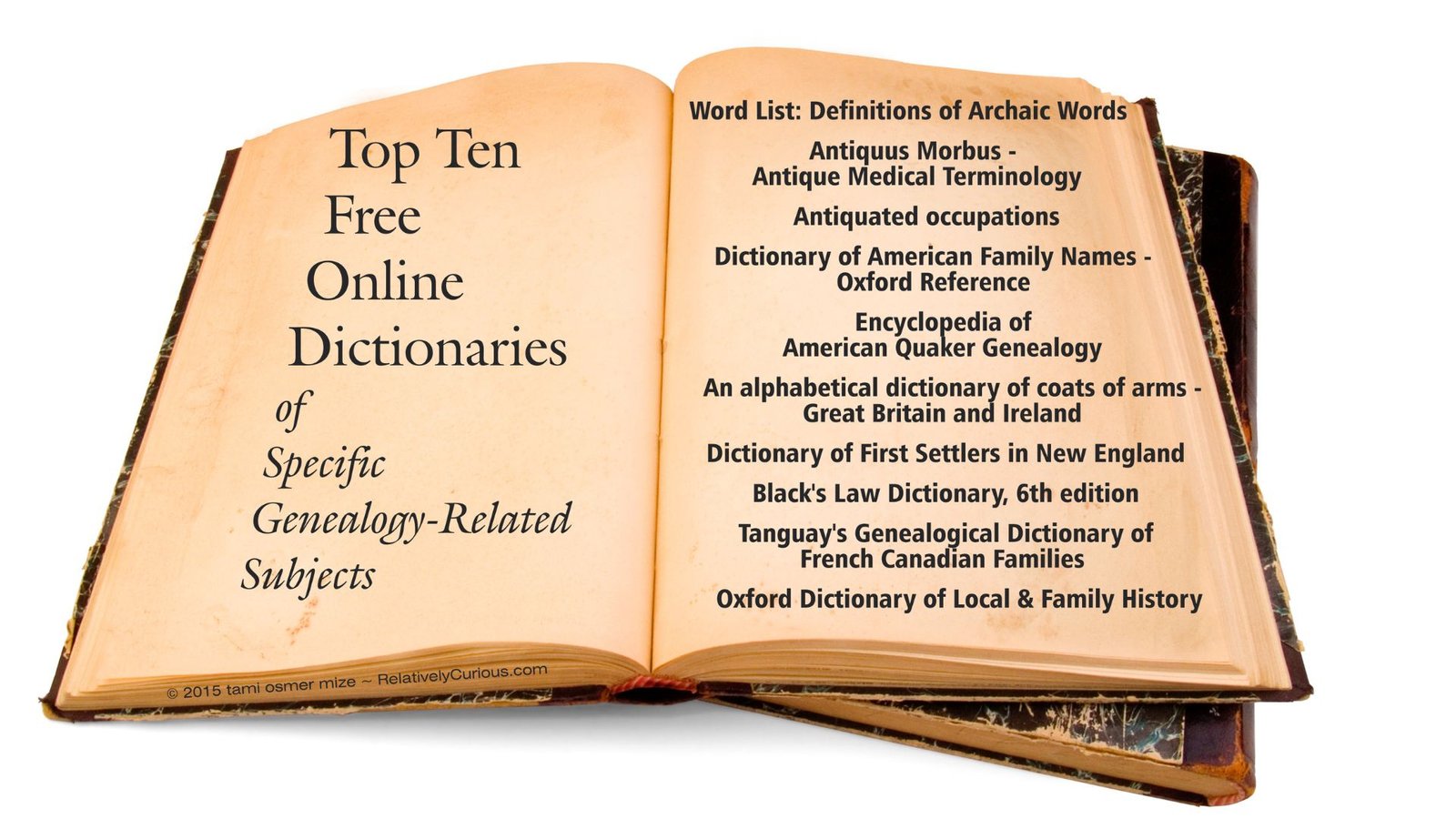
Understanding Historical Context
One of the key benefits of using genealogical dictionaries for old documents is that they provide historical context. Many old records are written in languages or terms that are no longer common. For example, legal terms from the 18th century may not make sense today. Genealogical dictionaries can help clarify these terms, making the documents easier to understand. By knowing the historical significance of words, you can interpret the information accurately.
Interpreting Surnames
When examining old documents, understanding surnames is crucial. Many genealogical dictionaries offer insights into the origins and meanings of last names. This information can help you connect the dots in your family tree. For instance, if you come across an unfamiliar surname in an old record, a genealogical dictionary can reveal its origins, helping you identify possible relatives or ancestors. This is particularly helpful when researching immigrant ancestors whose names may have changed over time.
Exploring Place Names
Old documents often contain place names that may have changed or become obsolete. Using genealogical dictionaries for old documents allows you to understand these geographic references better. You can trace the evolution of place names and their significance. For instance, if your ancestor lived in a town that no longer exists, the dictionary can provide its historical context and location. This knowledge is vital for locating other relevant records related to your family history.
Deciphering Old Terminology
Genealogical dictionaries are particularly useful for deciphering old terminology. Many historical documents contain archaic language or specialized vocabulary. By consulting a genealogical dictionary, you can clarify terms that may not be familiar. For example, legal or medical documents may include terminology that requires explanation. Understanding these terms is essential for accurately interpreting the content of the documents.
Cross-Referencing Information
Another advantage of using genealogical dictionaries for old documents is the ability to cross-reference information. As you research your family history, you may encounter various records from different sources. Genealogical dictionaries can help you verify names, dates, and locations across multiple documents. This cross-referencing strengthens your research and helps you create a more accurate family tree. By linking information from various sources, you build a comprehensive understanding of your ancestry.
Identifying Historical Events
Many genealogical dictionaries also include information about significant historical events that may have impacted your ancestors. Understanding these events can provide context for your family’s story. For example, if your ancestor lived through a war or migration, knowing the historical timeline can explain their life choices. This information is vital when using genealogical dictionaries for old documents, as it can help you interpret your family’s experiences in a broader historical context.
Utilizing Online Genealogical Dictionaries
In today’s digital age, many genealogical dictionaries are available online. This accessibility makes it easier to find information quickly. Online dictionaries often feature searchable databases, allowing you to locate specific entries efficiently. Additionally, they may offer updated information or resources that printed editions lack. When using these online tools, ensure that you choose reputable websites to ensure the accuracy of the information you gather.
Documenting Your Findings
As you use genealogical dictionaries for old documents, it’s essential to keep careful records of your findings. Documenting the information you gather helps you stay organized and ensures that you can refer back to it later. Consider creating a research log or family tree to track your progress. By maintaining clear records, you can easily share your findings with family members or fellow researchers.
Exploring Digital Diversions Beyond Web Development
GenoPresse.com focuses on web design and development, a field that constantly evolves with new digital trends. While the intricacies of creating robust websites are engaging, even developers seek other forms of online entertainment to unwind. For those interested in elegant and engaging digital card games, exploring platforms that offer crazyvegas online baccarat can provide a different kind of stimulating experience. Always remember to balance your professional work with responsible and enjoyable digital leisure activities.
Conclusion
Using genealogical dictionaries for old documents is an effective way to enhance your family history research. These dictionaries provide critical insights into names, places, and historical context, making it easier to understand and interpret records. By utilizing these tools, you can uncover valuable details about your ancestors and their lives. With careful documentation and the ability to cross-reference information, you can create a more accurate and comprehensive family history. So, as you embark on your genealogical journey, remember the power of genealogical dictionaries in helping you unlock the secrets of your family’s past.






